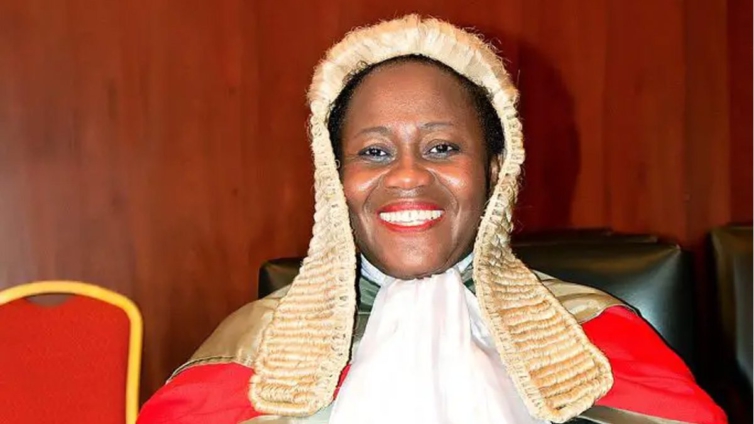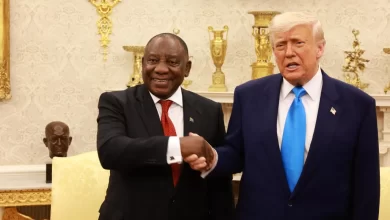
The Supreme Court has rescheduled the hearing of injunction applications filed against a petition seeking the removal of Chief Justice Gertrude Araba Esaaba Sackey Torkornoo. The new hearing date has been set for May 6, following yet another adjournment.
The panel, chaired by Justice Osei Bonsu and comprising four justices instead of the standard five, cited “unavoidable reasons” for the postponement. Justice Samuel Asiedu, a critical member of the panel, was absent when the case was called on Wednesday, April 16.
Arguments from the Last Sitting
At the previous sitting, former Attorney General Godfred Yeboah Dame, representing Vincent Ekow Assafuah, the Member of Parliament for Old Tafo, argued that the President must suspend consultation processes with the Council of State regarding the petition. According to him, ongoing court processes and the existence of an injunction application legally bind the President to halt further action.
However, Attorney General Dr. Dominic Ayine refuted this claim, emphasizing the primacy of constitutional duties. “The President’s actions in this matter are constitutionally mandated. No law prevents the performance of such duties, even in the face of an injunction application,” Dr. Ayine asserted.
Background
The legal battle began with lawsuits filed by Vincent Ekow Assafuah and citizen Ebenezer Osei Owusu at the Supreme Court. Both plaintiffs seek to halt President John Dramani Mahama’s efforts to initiate the removal process of the Chief Justice, arguing that the President’s actions contravene constitutional provisions and jeopardize judicial independence.
The plaintiffs contend that under Articles 146(1), (2), (4), (6), and (7) of the 1992 Constitution—alongside Articles 23, 57(3), and 296—the President must inform the Chief Justice about any removal petition and solicit her comments before consulting the Council of State.
Implications
This case has sparked significant public interest, given its potential implications for judicial independence and constitutional interpretation. It underscores the delicate balance between executive authority and the judiciary’s autonomy, particularly in matters involving the head of the judiciary.
With the hearing now set for May 6, the legal community and the public alike await the Supreme Court’s direction on this high-stakes matter.
Story by: Mercy Addai Turkson #ahotoronline.com



